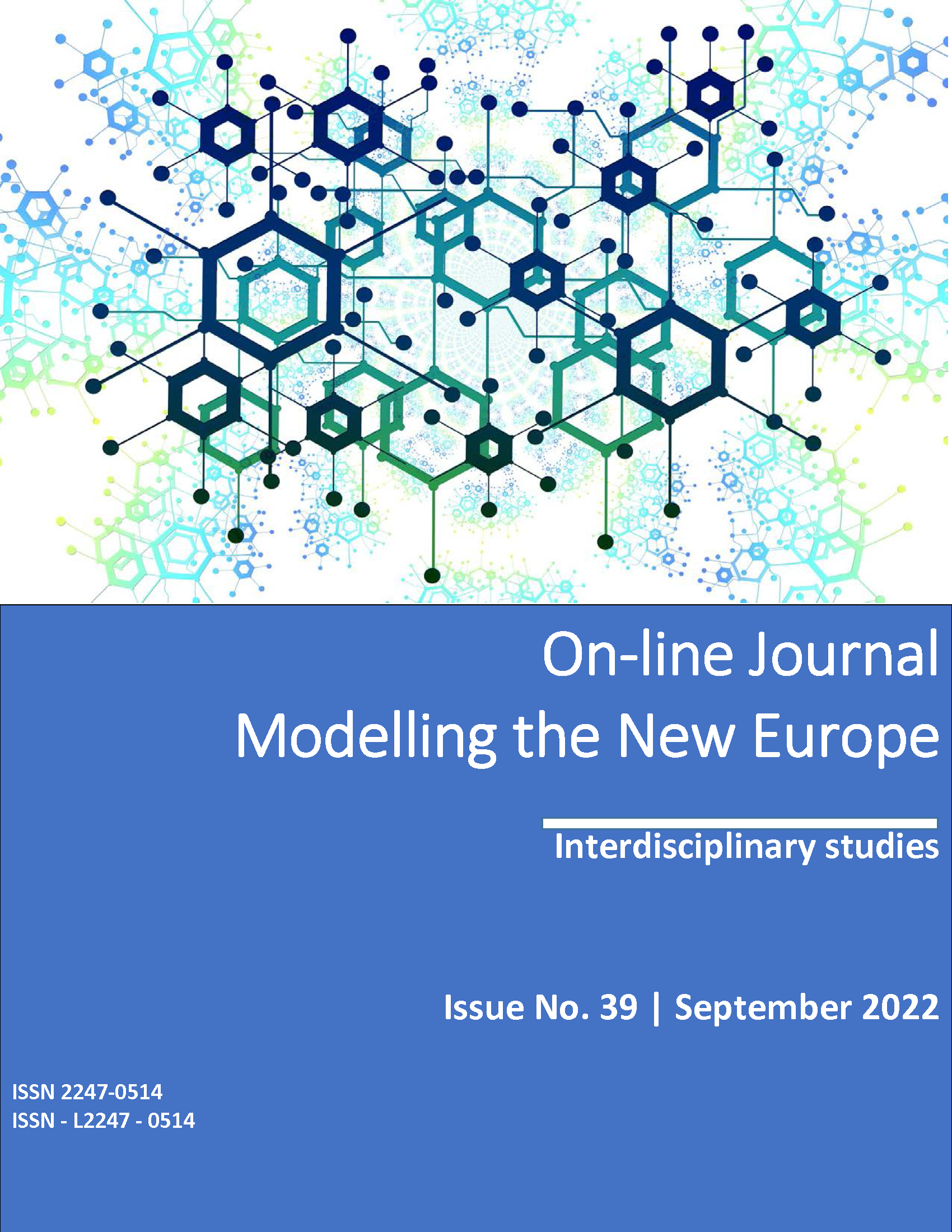METHODS FOR DEVELOPING FINANCIAL LITERACY
METHODS FOR DEVELOPING FINANCIAL LITERACY
Author(s): Aranka Baranyi, József Csernák, Ágnes Csiszárik-KocsirSubject(s): Political economy, Higher Education , Health and medicine and law, Distance learning / e-learning
Published by: Facultatea de Studii Europene -Universitatea Babeş-Bolyai
Keywords: Pandemic; Financial literacy; Educational methodology; Online education; Attitude;
Summary/Abstract: In the recent years, the world has experienced a great number of difficulties beyond the usual events, and it has become almost part of our lives to be constantly alert to the problems and difficulties caused by Covid-19. In higher and public education, both in Hungary and in other countries of Europe, we have witnessed dramatic changes since 2020, which has fundamentally changed our knowledge and opinions on educational methodology. Prior to the pandemic, it was common practice in primary and secondary public education to teach according to methodological recommendations for face-to-face teaching. In higher education, in addition to face-to-face (offline) teaching, the use of online resources for a semester or a course was already being considered, particularly in the field of continuing education and vocational training. Higher education institutions have continuously been experimenting with solutions to extend face-to-face teaching, but these methods and forms of teaching have not become commonplace. However, from 2020, both instructors and students had to adapt all of a sudden if they wanted to avoid any backlog or disruption in this area. Even before the pandemic, we were concerned about the methodological innovations we would have to make in this specific area of education. We were also previously interested in looking at the needs of today's students who want to study finance. In our research, we therefore focus on the difficulties that online education caused for those who completed the questionnaire during the pandemic or after the outbreak of the pandemic, and on the framework within which they could envisage renewing their financial education in the long term. The research carried out by Jakovác and his co-authors has shown that the financial literacy of the Hungarian population is improving, but that its practical use and effectiveness is below the international average.
Journal: Online Journal Modelling the New Europe
- Issue Year: 2022
- Issue No: 39
- Page Range: 174-195
- Page Count: 22
- Language: English

